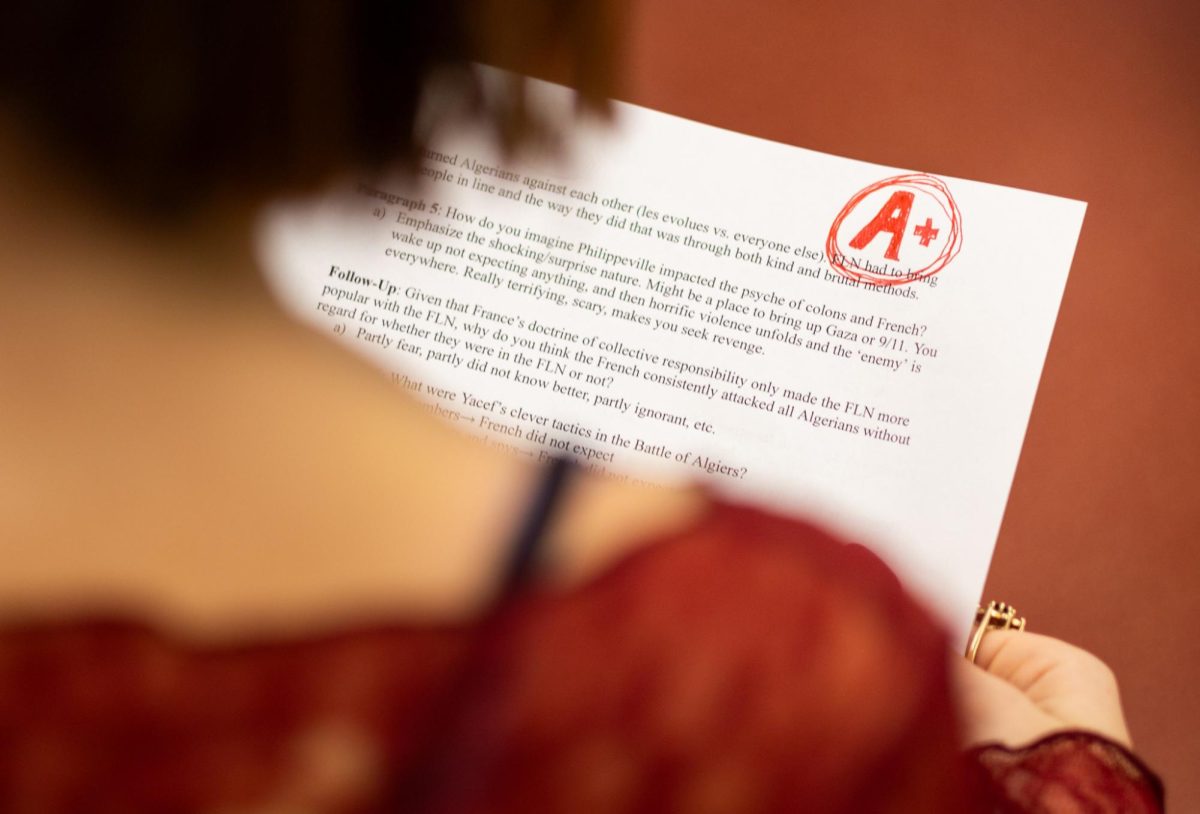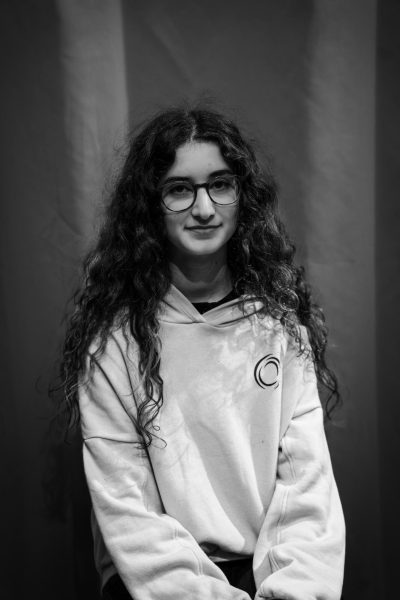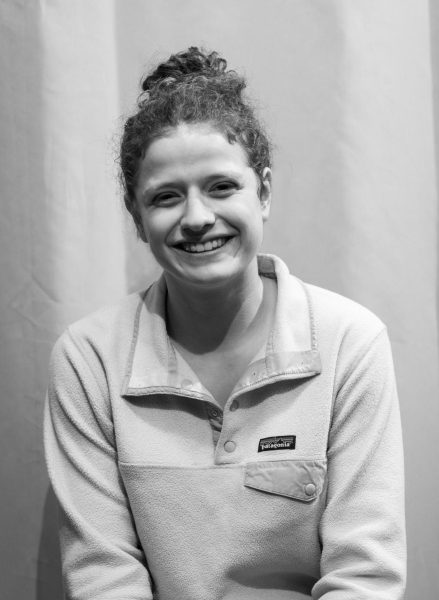CRLS’ new Equitable Grading Policy is based on four fundamental tenets: removing participation grades, removing extra credit, adding a 50 percent floor for all assignments, and creating retesting opportunities. These changes are based on Joe Feldman’s book, Grading for Equity, in which he writes of a new way to grade student work, one that aims to reflect student learning in a less subjective way.
Communication around the new changes, however, has been sparse. While some departments, such as math, knew about the policy in advance, others didn’t. Jon Baring-Gould, a CRLS ceramics teacher, stated that he’s had about four and a half total hours of instruction about the policy—one session in June, one this September, and one in a teacher meeting led by the CPSD Chief Equity Officer, Manuel J. Fernandez, on Monday, November 30th.
This meeting in particular sparked some debate. “The meeting was derailed. The [Chief Equity Officer] had no idea that we hadn’t met or talked about this for six months,” said Baring-Gould. Students, as well, wished that more of their input was involved. “We haven’t been asked about it at all,” Ella Flannery ’25 told the Register Forum. “More student voices should have been heard, both before and then after implementing it.”
Participation is a subject of contention as well. The new policy states that teachers may no longer grade for participation unless their department has made an approved participation rubric, according to Vice Principal Allan Gehant. For some, this is a welcome change.
“For people who fall on the spectrum or for people who have ADHD, or any sort of thing like that … I think that’s very handy,” said Demetrios Kotsopoulos ’25 to the Register Forum. “People can look like they’re not paying attention but actually be paying attention.”
However, many teachers have also had to weigh tests more heavily now that they’ve removed the participation category. “If you do badly on one test, your grade can go down really bad, which is pretty terrifying,” Aizza Gutierrez ’24 told the Register Forum. “The biggest thing that impacts your grade right now is tests, which sucks because I’m not a good test taker.”
Removing participation can also create further inequities for kids with mental disabilities, who previously would’ve been able to rely on participation grades in some classes. “I’m teaching kids with Down syndrome right now, and according to the rubric, they should fail,” Baring-Gould stated. “They’re here. They’re cheerful. They’re happy. They’re building. But are they improving? Not so much. Going by the rubric that’s nonsubjective, they’re in the developing stage in just about every category, so they get a 50 for the project. And that just doesn’t make any sense.”
Despite the controversy, most teachers believe that, while the policies need to be enforced further, they are a step in the right direction. “I think it’s a good thing that the school is moving towards having more equitable grading,” said CRLS math teacher Ross Benson. “The point is, to get this to be equitable, we have to get everyone on the same page.”
This article also appears in our November 2023 print edition.















